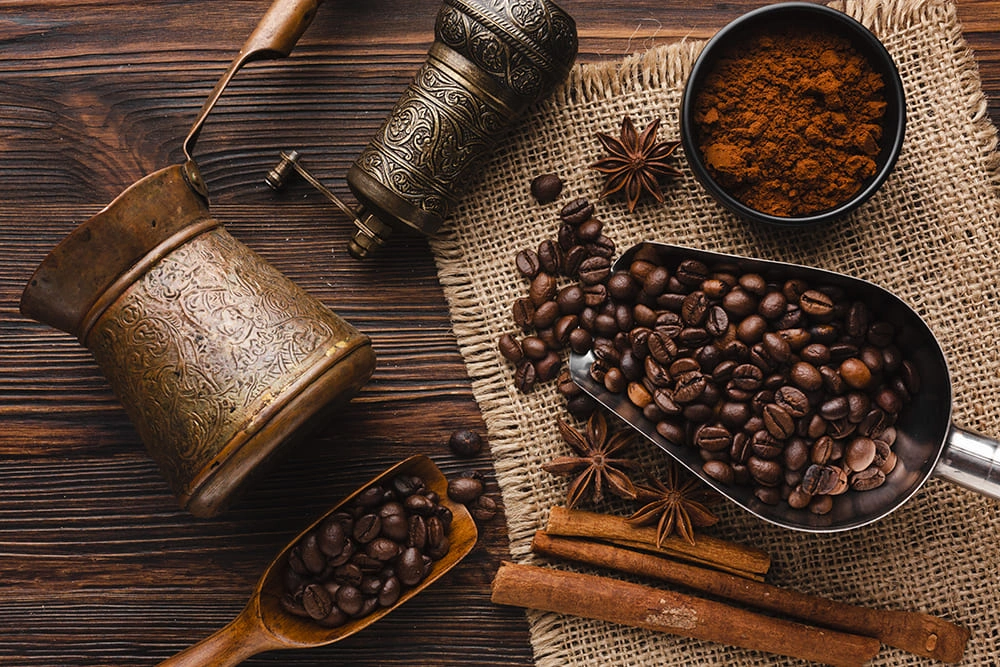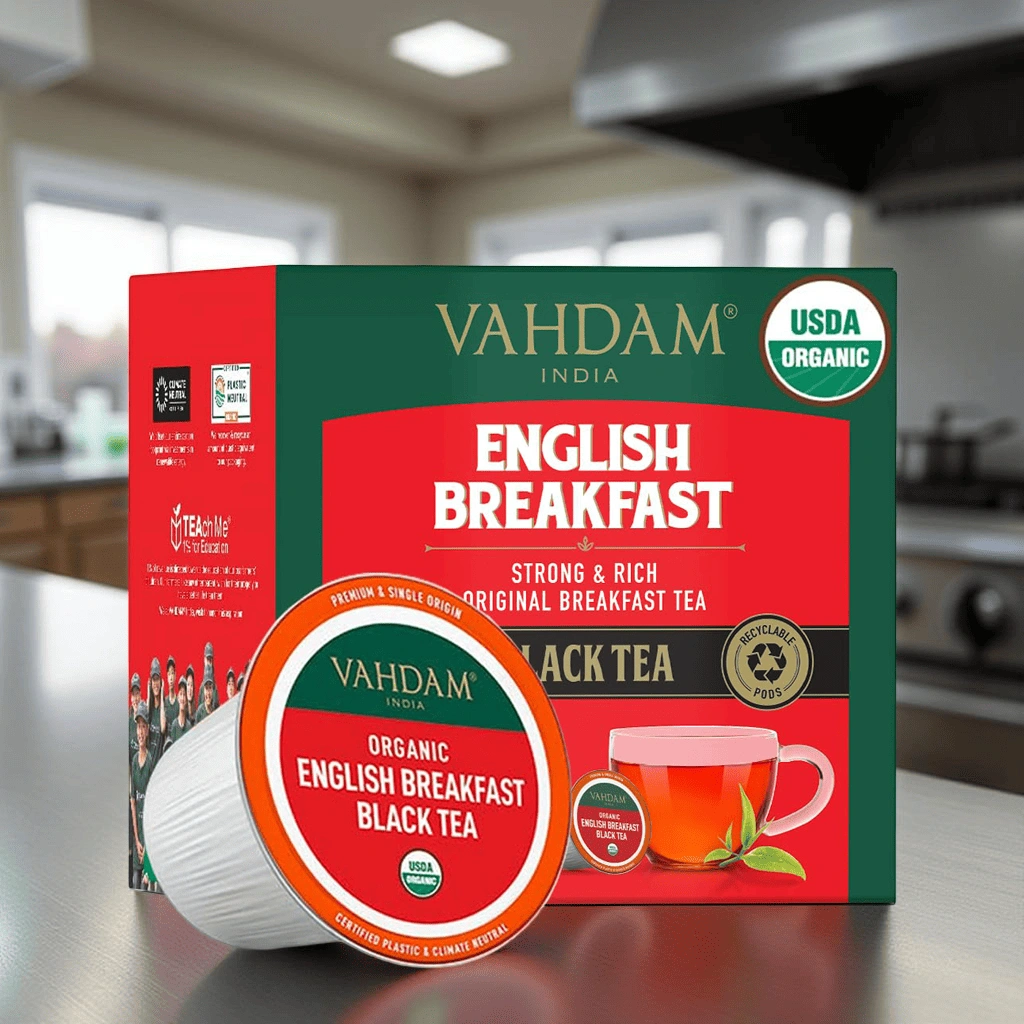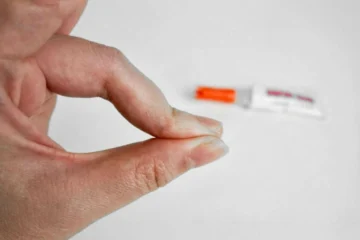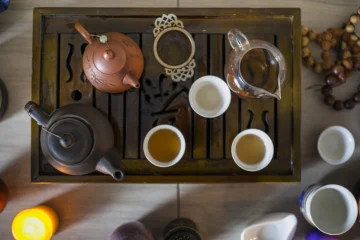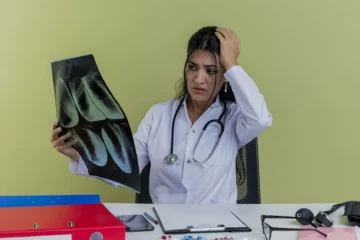While selecting your morning coffee or afternoon renewer, the caffeine quotient is likely the primary consideration. Although black tea is a widely appreciated type of caffeinated tea, many wonder why its astringency, as well as the amount of caffeine in a cup, is enjoyed by so many. If you wish to increase or monitor your concentration levels, or if you are just interested in the facts about your beloved brew, this article will guide you through everything required regarding the caffeine amount constituents in black tea.
Taking into account the comparison with coffee, different black teas such as Darjeeling, and their preparation methods, we will tell you all the facts that black tea caffeine content works that best fits your lifestyle.
What Determines the Caffeine Content in Black Tea?
Ahead of getting into the actual statistics, reasons regarding caffeine in tea should be framed. Even though black tea possesses less caffeine than coffee, a good number of factors can affect its strength.
Type of Tea Leaf
The type of tea leaf is important for determining the amount of caffeine present. Black teas such as Assam and Darjeeling differ in cultivation and oxidation, which affects their caffeine levels.
Brewing Time and Temperature
Black tea contains more caffeine when steeped in hot water for longer periods of time. Increasing the brewing temperature will increase the caffeine released. For lower levels of caffeine, a shorter steeping time is needed, while higher levels will require extended steeping.
Serving Size
Serving size is also an important factor. An 8-ounce cup of black tea contains moderate caffeine; however, drinking it in larger quantities or having stronger brews will increase the caffeine content.
Additional Ingredients
Does sweet tea have caffeine? Yes, because it’s made from brewed black tea. However, sugar does not affect the caffeine content.
How Much Caffeine Is in Black Tea?
Black tea contains 40 to 70 milligrams of caffeine per 8-ounce serving, depending on various factors. While it has less caffeine than coffee (95 milligrams per serving), it’s enough to keep you refreshed and focused.
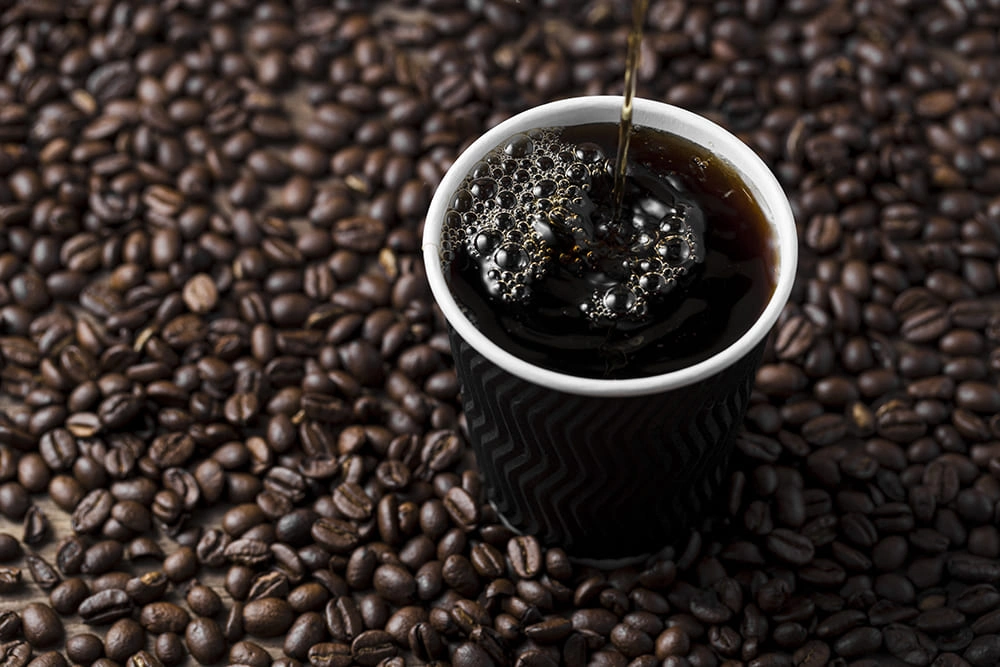
Comparing Different Black Teas
- Darjeeling Black Tea: Has a floral and light taste and contains 40 to 50 mg per cup.
- English Breakfast Tea: A bold blend often enjoyed with milk or sugar. The tea contains 50 to 70 mg of caffeine per cup.
- Assam Black Tea: Known for its strong, malty flavour. Assam averages 60 to 70 mg of caffeine per cup.
For those seeking higher caffeine content, opt for English Breakfast and Assam.
How Does Black Tea Compare?
- Green Tea: Black tea has more caffeine than green tea, averaging 20 to 45 mg per cup.
- Coffee: Black tea has significantly less caffeine than coffee, 95 mg to 200 mg for an 8-ounce serving, depending on the brewing method.
- Herbal Tea: Usually caffeine-free, this is a great option for someone avoiding caffeine altogether.
Benefits of Black Tea
Black tea is at the top of the list of favourites for tea enthusiasts, considering its myriad health benefits. Here are the many reasons why it’s preferred:
- Contains an Abundance of Antioxidants: Black tea is known to contain polyphenols such as flavonoids and catechins, which assist in reducing oxidative stress and fighting free radicals.
- Improves Heart Functions: Blood vessel functionality and bad cholesterol (LDL) levels may improve with black tea consumption.
- Enhances Focus: Increased concentration and clarity of thinking come with moderate doses of caffeine and black tea, unlike the jitters caused by coffee.
- Assists with Digestion: It enhances gut functionality and may relieve inflammation within the digestive tract.
- Helps with Stress: Helps in mood enhancement and relaxation through L-theanine, an amino acid present in black tea.
In addition to these benefits, the tea can be prepared or consumed through various means, making the experience more enjoyable.
Finding the Right Tea for Your Needs
If you’re searching for a best caffeine boost with all the benefits of black tea, products like the VAHDAM Organic English Breakfast Black Tea K-Cups are an excellent choice. Each K-Cup ensures consistency in flavour and caffeine levels, offering a balance between bold taste and just the right amount of energy.
Key Features of VAHDAM Organic English Breakfast Black Tea K-Cups:
- Convenience: These K-Cups are compatible with Keurig machines, making it easy to enjoy a fresh cup anytime.
- Rich Flavor: Sourced from premium tea estates, this blend delivers the robust taste English Breakfast lovers crave.
- Caffeinated: Each pod delivers just the right amount of caffeine for a morning or midday boost.
Tips for Enjoying Caffeinated Tea Wisely
Ear moderation when it comes to caffeine allows one to maintain a good reserve of energy without overexerting themselves. Here’s how to enjoy black tea without overdoing it:
Steep Smart
To achieve great flavour while also controlling the amount of caffeine, ensure that the steeping time is within 3-5 minutes.
Watch Your Portions
To control the amount of caffeine you get from black tea, stick to 8-ounce servings and limit self-serving, self-serve-sized mugs.
Mix It Up
Incorporate other black teas, such as Darjeeling or Assam, and sprinkle in some green and herbal teas to diversify things.
Why Black Tea Is a Balanced Choice
Black tea has claimed to be the right blend of energy and moderation. When compared with coffee and green tea, black tea’s caffeine level is in the middle, making it a good drink to help maintain alertness without flooding one’s body with it. Whether it’s the full-bodied English Breakfast or the gentle pulse of Darjeeling, black tea is delicious. A big plus to the tea is the antioxidants that come along, making sample te absolutely great any time of day.
Get ready to shine – discover our latest secrets, Blogs now!
Frequently Asked Questions
How much caffeine is in black tea?
A cup of black tea, which is about 8 ounces, contains about 40-70mg of caffeine, depending on the brewing time and quality of the tea.
Compare the caffeine content of black tea and coffee. Does black tea have more?
No, black tea contains less caffeine than coffee. An 8-ounce cup of coffee contains about 95-200mg of caffeine.
Can caffeine content be lowered in black tea?
Yes. Choosing decaffeinated black tea or steeping for a shorter time will reduce the caffeine content.
Is black tea a good alternative to coffee caffeine
Definitely! Black tea contains moderate amounts of caffeine with antioxidants.
Does the brewing method affect the caffeine content of black tea?
Yes, hotter water and longer brewing times increase the caffeine content.

